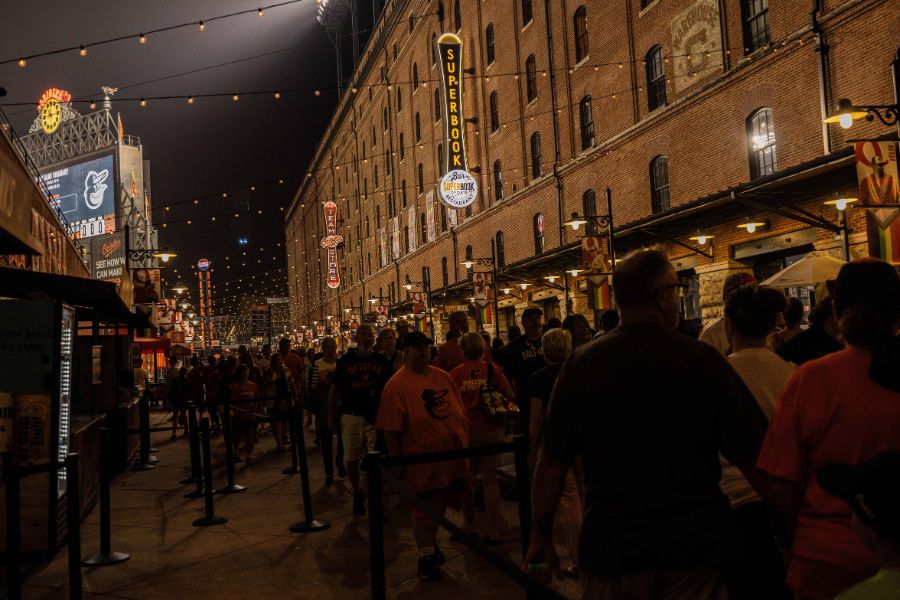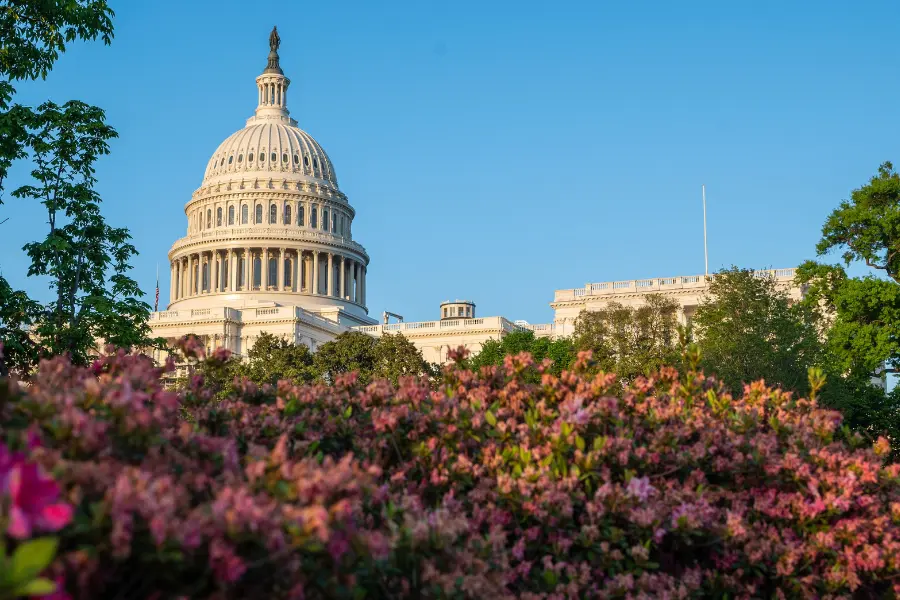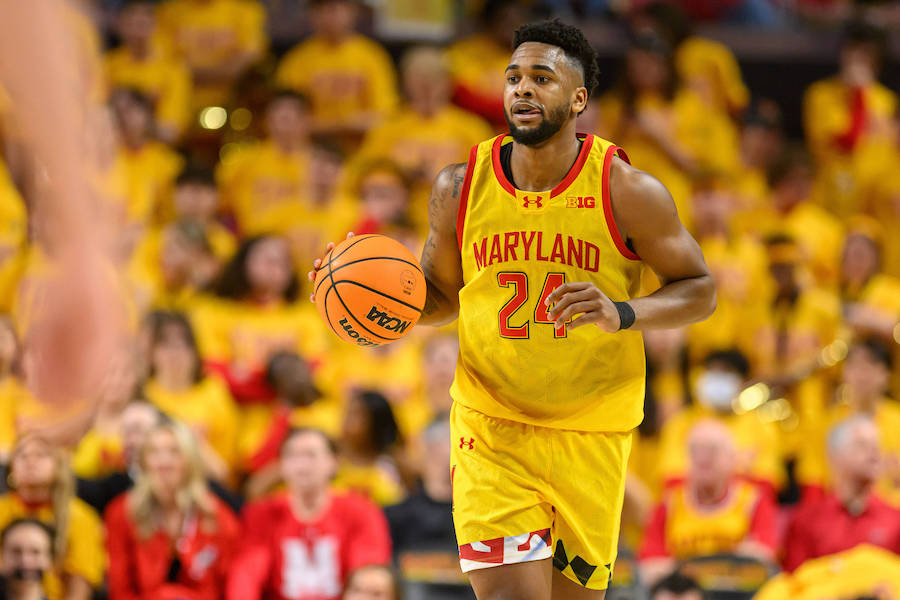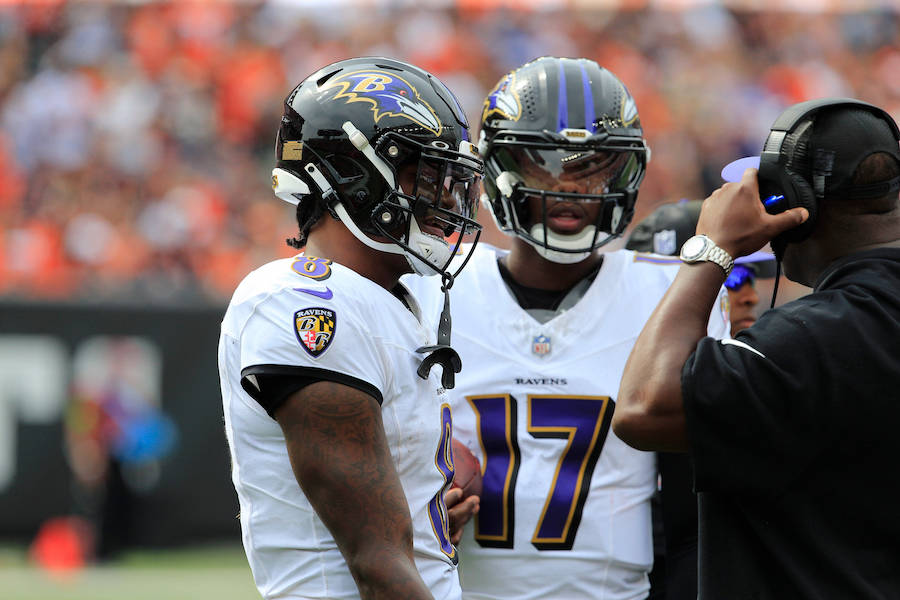SBA discussed the $48,000 fine during the monthly meeting of the Maryland State Board of Election in June. This penalty was imposed due to the SBA’s failure to comply with Maryland’s 48-hour disclosure requirements.
The fine, accumulating at a rate of $1,000 per day, was related to the 2020 campaign season. Member companies of the SBA contributed over $5 million to support the “Vote Yes on Question 2” campaign.
As a result, residents voted in favor of sports betting in Maryland. This outcome paved the way for the launch of in-person sportsbooks in 2021 and online sportsbooks in 2022. It was the first time a sports betting lobbyist group in Maryland faced such a campaign-related fine.
Nathan Click, the spokesperson for the SBA, attributed the fine to a mere filing error made by its compliance team.
“As soon as we realized the mistake, we immediately filed the missing form and worked with the Maryland State Board of Election to correct the error.”
– Nathan Click, SBA spokesperson
The disclosure requirements in Maryland mandate organizations that donate more than $10,000 to file double reports. They disclose all contributions to election candidates within 30 days through candidate committee reports. However, the publicly available SBA report was not updated within the specified time limit.
Aside from the ballot initiative, SBA members contributed to various political candidates in Maryland, including former Governor Larry Hogan.
Jared DeMarinis, the director of candidacy and campaign finance for the board, clarified that the SBA acted in good faith when alerted to the issue.
“We’re cracking down hard on disclosure with independent expenditure entities, and that was the biggest one that was collected so far,” said DeMarinis at the meeting.
The State Board of Elections collected $74,900 in fines during the spring, with most penalties amounting to less than $1,200. A total of 91 percent of the cumulative fines were imposed on four companies for failing to meet the 48-hour disclosure window.
Imposing fines on the SBA has coincided with a surge in governmental attention toward online gaming. However, these fines are not part of a broader crackdown specifically targeting sports betting, according to DeMarinis.
Last year, the New York Times shed light on the extensive lobbying efforts of sports betting companies.
In more recent times, lawmakers and regulators have directed their focus toward the marketing tactics employed by the industry. Several states in the U.S. and Canada are considering measures to restrict online gaming advertisements.
Caesars and PointsBet have also decided to terminate their partnerships with colleges. It reflects mounting worries regarding the promotion of sports betting to college-aged students.
The Maryland Lottery and Gaming Commission (MLGC) plans to study the potential consequences of legalizing online casinos in MD. The study aims to examine how it may affect players, including factors like the size of the market, economic outcomes and the impact on problem gambling.
Market leaders in Maryland’s sports betting
The SBA in Maryland represents prominent national betting companies such as BetMGM, DraftKings, Fanatics and FanDuel. All of them possess Maryland sports betting licenses.
In terms of market dominance, FanDuel emerged as the frontrunner. The operator captured over 45 percent of the market share in May, with a total wager of $146.3 million. Meanwhile, both FanDuel and DraftKings accounted for over 80 percent of all bets placed in Maryland in 2023.







